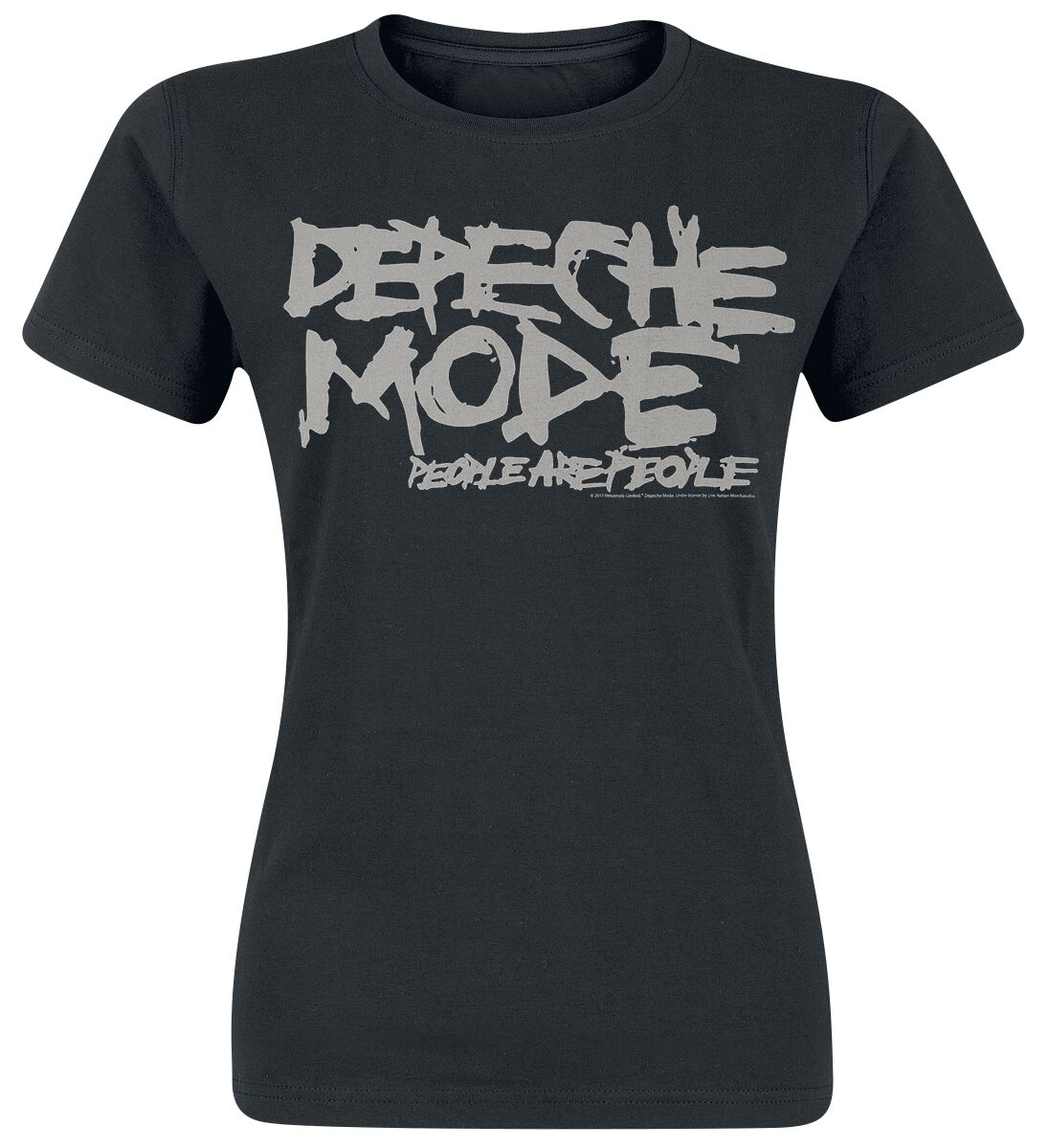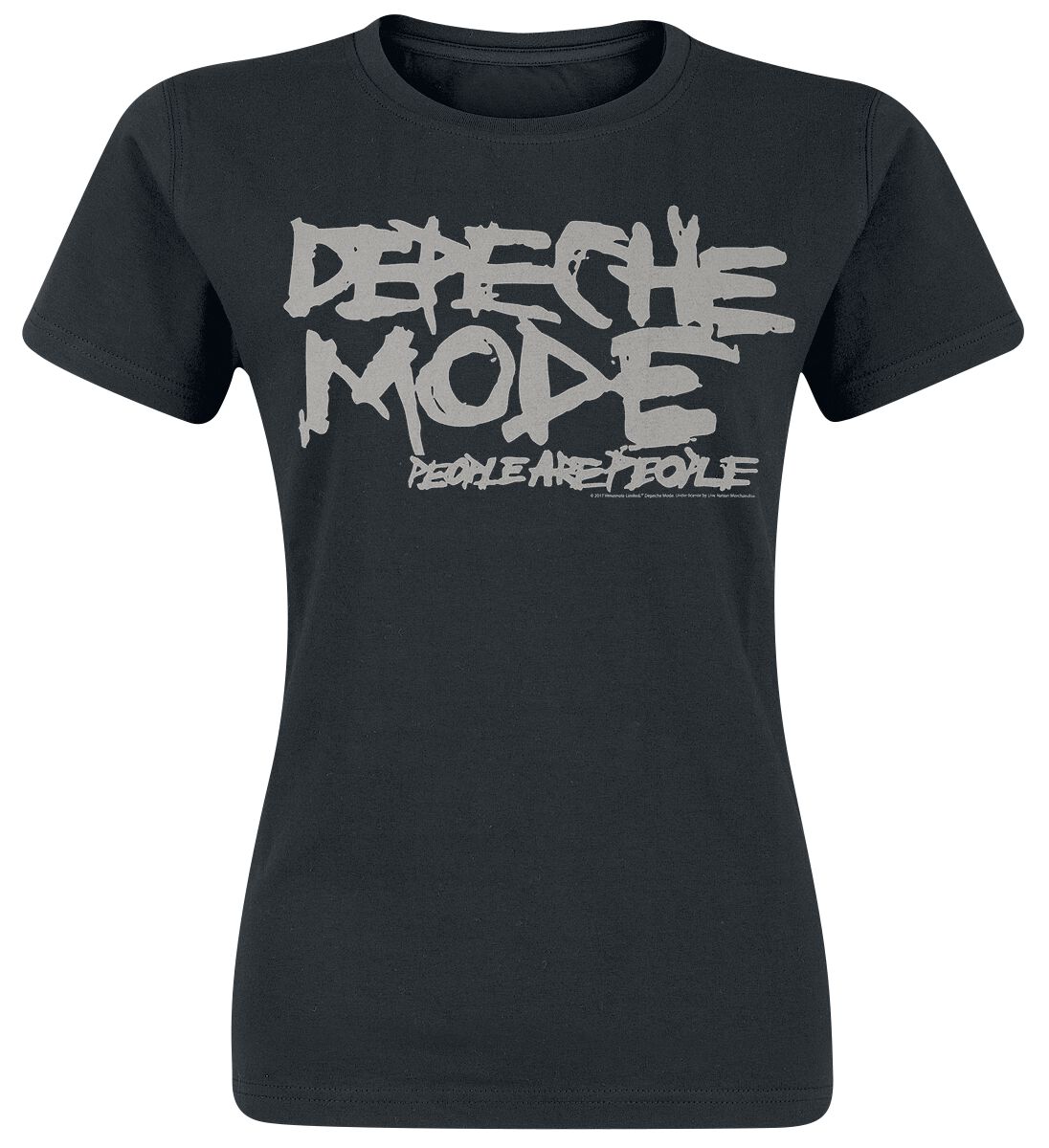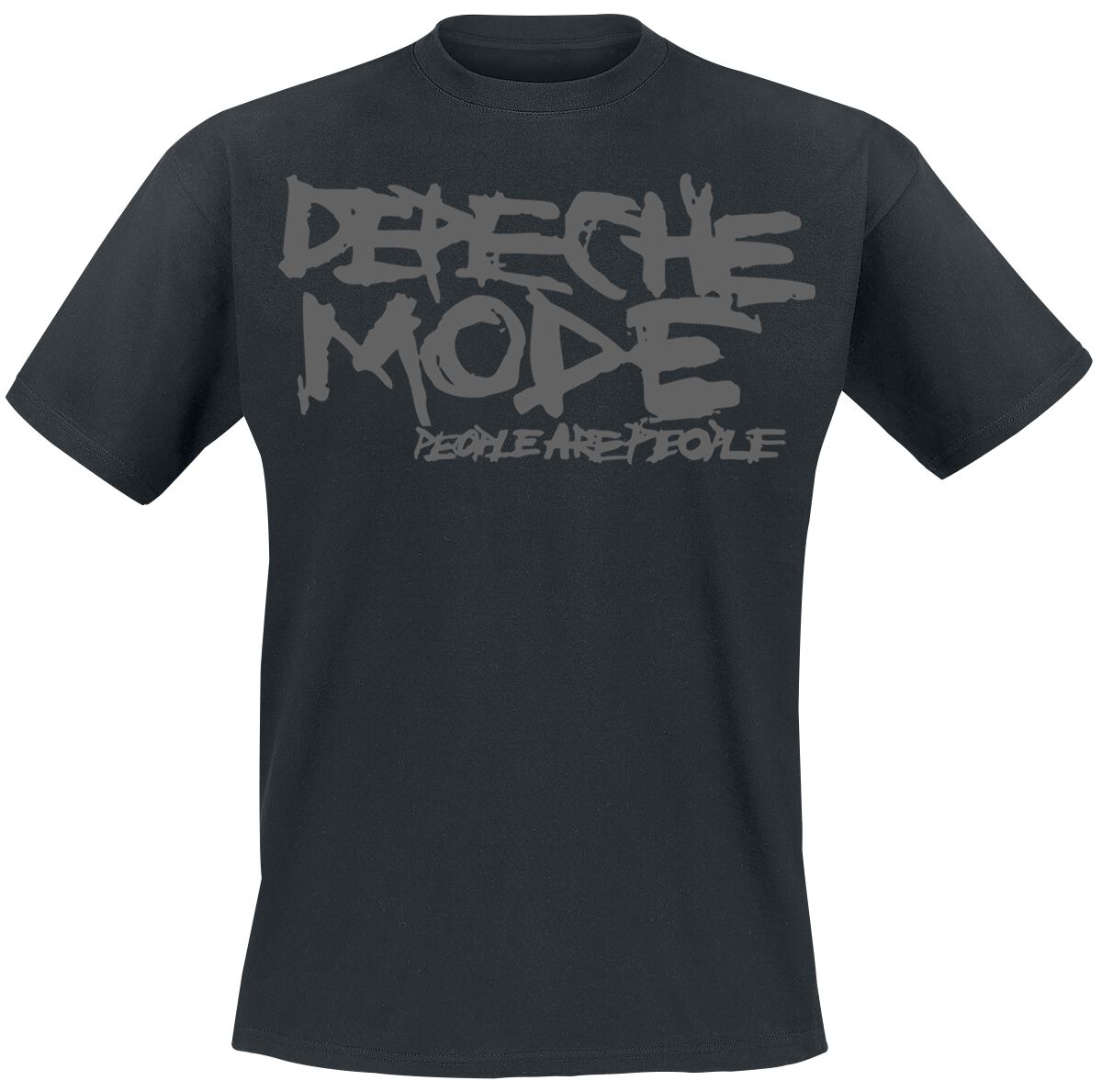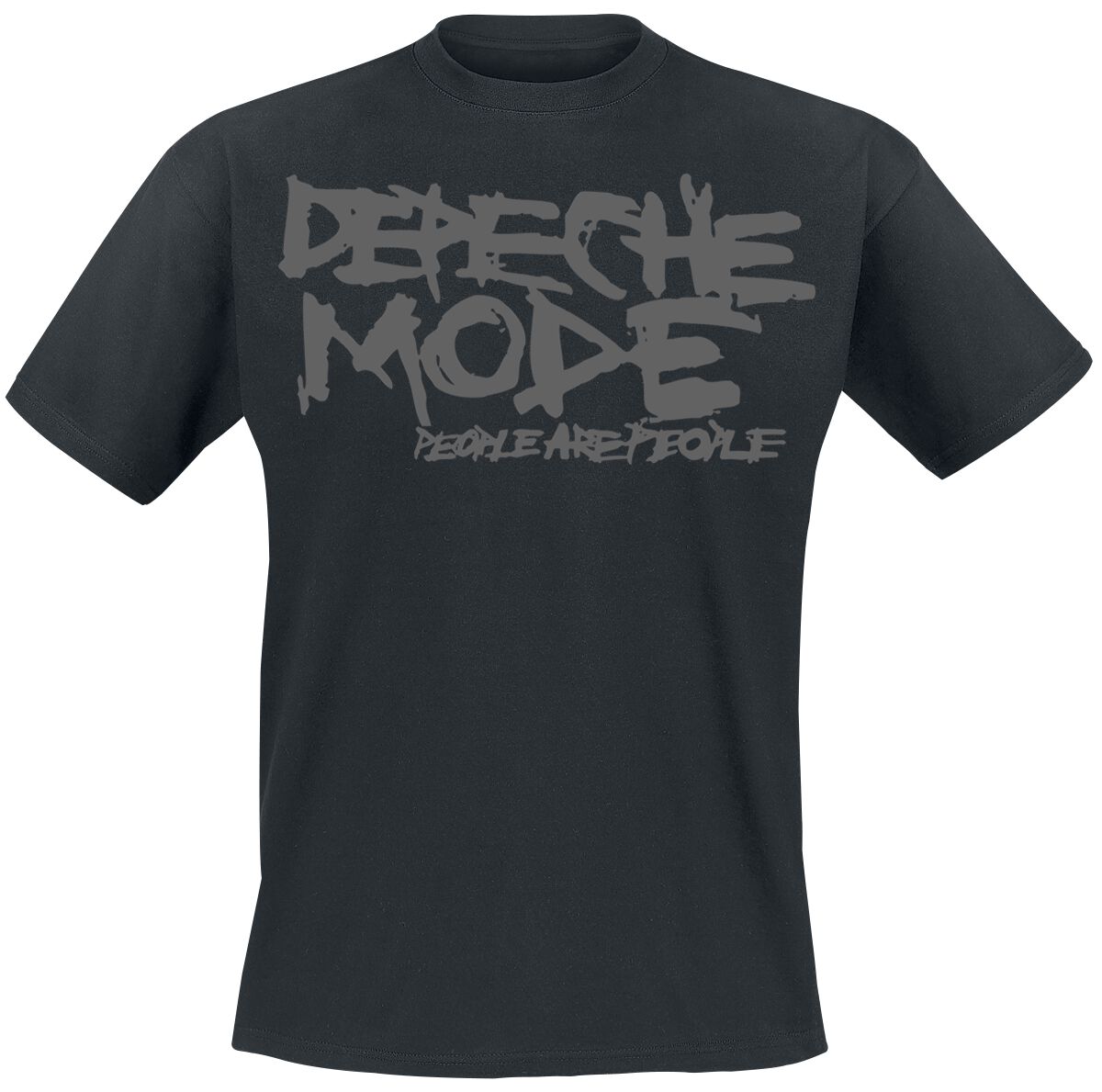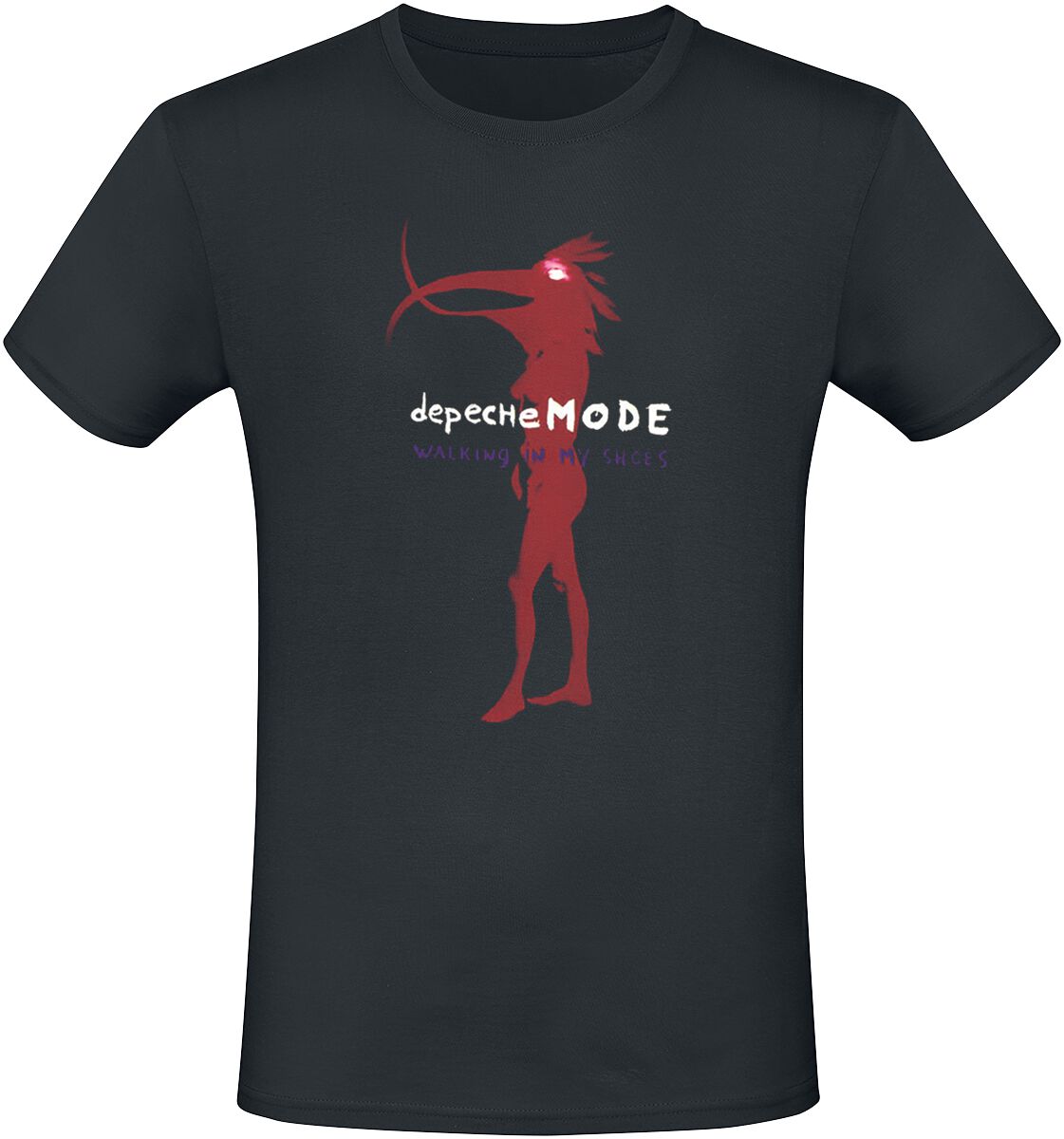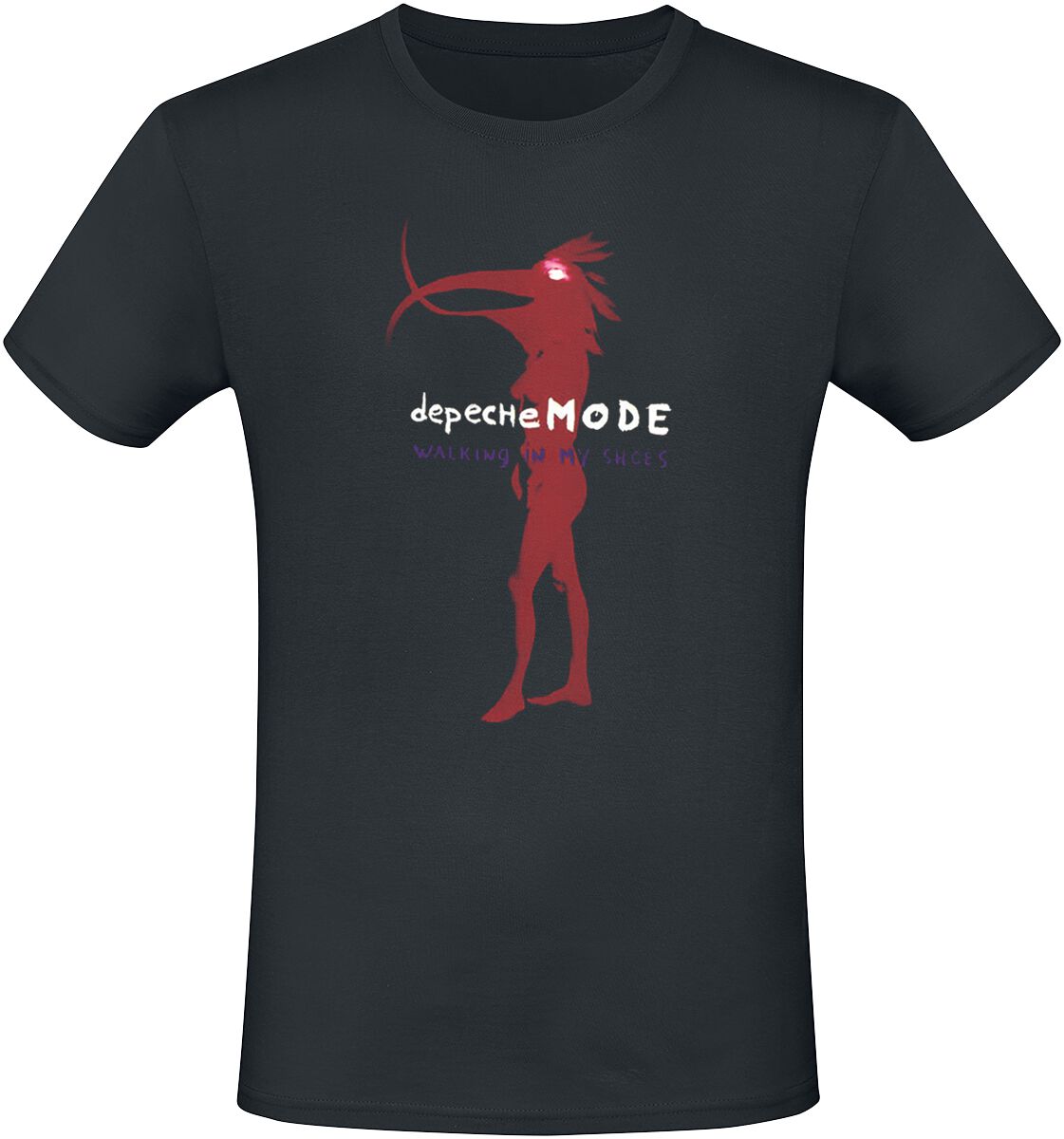Depeche Mode, the legendary British electronic music band from Basildon, Essex, has transcended genres to become one of the most influential and enduring acts in modern music history. Pioneers of synth-pop in the early 1980s, they seamlessly evolved into a darker, more industrial sound, captivating audiences with their emotionally charged lyrics, innovative use of synthesizers and sampling, and the magnetic stage presence of frontman Dave Gahan. Their profound impact on alternative music, electronic dance music (EDM), and even industrial rock makes them a constant subject in trending music conversations.
The band’s genesis began in 1980, with a lineup of Vince Clarke (keyboards, songwriting), Martin Gore (keyboards, guitar, vocals), Andrew “Fletch” Fletcher (keyboards), and Dave Gahan (lead vocals). The name “Depeche Mode” itself was reportedly inspired by a French fashion magazine, translating loosely to “fashion news” or “fashion dispatch.” Their early sound was bright and catchy, exemplified by their 1981 debut album Speak & Spell and its undeniable hit single “Just Can’t Get Enough.”
However, a pivotal moment arrived shortly after their debut when Vince Clarke, the primary songwriter, departed to form Yazoo (and later Erasure). This unexpected change thrust Martin Gore into the role of chief songwriter, a development that proved instrumental in shaping Depeche Mode’s distinct trajectory. Gore’s compositions steered the band towards a more introspective, melancholic, and sonically complex direction, leading to albums like A Broken Frame (1982) and Construction Time Again (1983). The latter notably featured the impactful single “Everything Counts,” hinting at a growing social awareness in their lyrics.
The mid-1980s saw the band further refine their sound, incorporating more sophisticated sampling techniques and a darker aesthetic with albums such as Some Great Reward (1984), which included the provocative “People Are People,” and the critically acclaimed Black Celebration (1986). Their growing popularity, particularly in continental Europe and the US, exploded with Music for the Masses (1987), culminating in their legendary 101 concert at the Rose Bowl in Pasadena, immortalised in the documentary film of the same name. The late 1980s and early 1990s marked their commercial and artistic peak. Violator (1990) is often considered their magnum opus, a masterpiece that perfectly blended electronic textures with bluesy guitar riffs, yielding global hits like “Personal Jesus” and “Enjoy the Silence.” This success continued with Songs of Faith and Devotion (1993), which saw them incorporate more live instrumentation and rock influences, debuting at number one in both the UK and the US.
Beyond their groundbreaking music, Depeche Mode is steeped in intriguing facts. Their early embrace of synthesizers and samplers, influenced by pioneers like Kraftwerk, pushed the boundaries of electronic music production. “Personal Jesus” has been famously covered by diverse artists, including Johnny Cash and Marilyn Manson, showcasing its broad appeal across genres. The band has maintained a unique connection with their passionate fanbase, particularly in countries like Germany and Poland, where their popularity has reached almost religious proportions, often eclipsing their initial reception in the UK. They were rightfully inducted into the Rock and Roll Hall of Fame in 2020, acknowledging their profound and lasting impact on the musical landscape. With a new documentary, Depeche Mode: M, slated for release in 2025, exploring their connections to Mexican culture, Depeche Mode continues to be a relevant and vital force, proving that their innovative sound and profound artistry are truly timeless.











